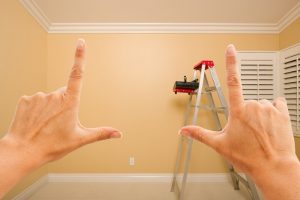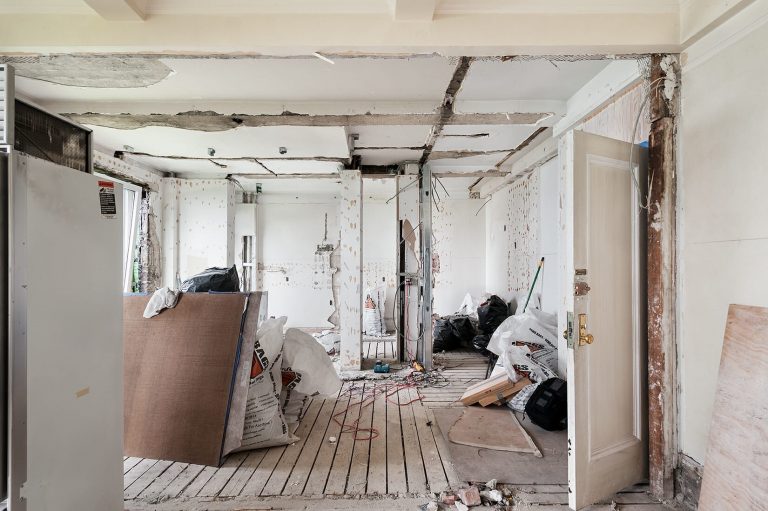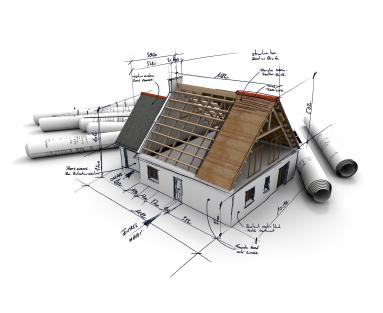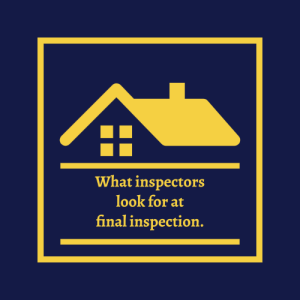september 2021, issue 1
ELITE PERMITS
BRIEFING ON CONSTRUCTION & Some other stuff

WHAT IS A BUILDING PERMIT AND WHEN DO I NEED ONE?
Written by TATIANA gUSt
We know it is exciting to start a home renovation project; or modify that “hallway” you are so tired of observing at the office; or demolish that “wall” that makes the room look so small. But before you start your project, you need to stop and consider the local requirements related to building renovations. In most cases, a building permit will be required to be able to proceed. It all depends on the area where you live and the applicable codes.
Definition of a Building Permit and its Purpose
A building permit is an approval granted by your local building department that allows you to perform the work that you intend to do. It exists to assure that the space is safe for all future occupants. It protects you and others by enforcing the building code laws and regulations that establish what can and cannot be done at your specific location. A building permit ensures that the space is habitable, accessible, and safe.
Permits have a cost associated with them, they can range between a couple hundred to a few thousand dollars. Also, there is a waiting period which is usually between two to four weeks, during which time your application will be under review pending approval to proceed. Both time and waiting period will be determined by the scope of your project and your local building department.

Once you receive your permit, make sure you have it posted at a visible place on your construction site so when an inspector, expectedly or unexpectedly, shows up, you are prepared. Permit posting is required until the final inspection.
Keep in mind, though, that for some smaller, less complex renovations, a permit might not be required. Check with your local building department as some of them are more strict than others.
Here are some examples of improvements that do not require a building permit:
- Painting
- Replacement of flooring
- Millwork/ Trim work
- Fixtures replacement only
Consequences of Working Without a Permit
We strongly recommend to never start a project without conducting a proper investigation. You first need to know exactly what you will do, and then research to find out if you’ll need a building permit for your project.
The consequences of working without a permit are not so fun. If the building department or an inspector finds out, you might need to go through the process after you’ve started or completed your project, possibly paying even more. Also, you may be required to tear down the work you have already finished and start over.
Working without a permit could also be an obstacle if you try to sell your property in the future. The buyer has the right to ask for building permits for projects performed, and if you don’t have them handy, they might be scared away as there is no guarantee that your property is safe.

Conclusion
Applying for a permit is the smarter thing to do, it will save you from the hassle of dealing with the building department for not following their laws and regulations, penalties, selling issues, and it will save you time.
Elite Permits offers permitting services and so much more throughout the entire state of Florida. We are a company specializing in dealing with the building departments to get you the appropriate permit for your project. You can handle the permit process by yourself, but with our expertise, we can reduce the time it will take since we can decrease (eliminate in some cases) rejections or requests for corrections.
Call us today to learn more or request our services!







